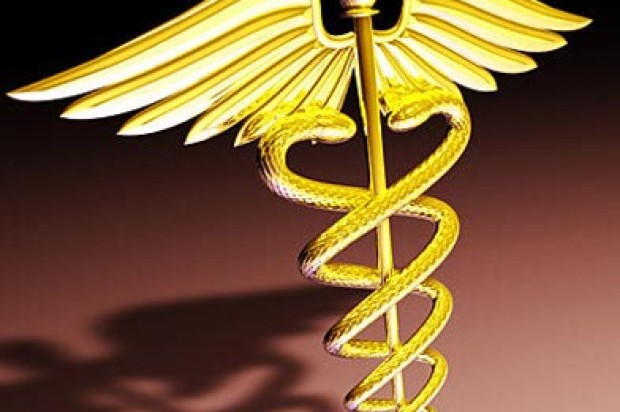
A Stanford University doctor who is treating patients with a rare polio-like syndrome that has sparked national attention said today that doctors are stumped as to why there has been a recent increase in the number of those afflicted.
“This is old-fashioned detective work,” Stanford University Dr. Keith Van Haren said of the investigation into the mysterious polio-like syndrome found in at least five children in the Bay Area since 2012.
The illness presents similarly to the poliovirus, causing paralysis of at least one limb, and highlights the possibility of an emerging polio-like syndrome in California, according to the American Academy of Neurology.
But the disease isn’t polio, doctors said.
“What we think we’re seeing is a very rare manifestation of a very rare virus,” Van Haren said.
University of California at San Francisco Dr. Emmanuelle Waubant said five cases have been confirmed in children ages 2 to 16 within a 100-mile radius of the Bay Area and said there may be as many as 20 additional children afflicted with the illness in the state.
Each of the five children treated by Waubant and Van Haren had been vaccinated against the poliovirus.
While poliovirus has been eradicated from most of the world, other viruses can also injure the lower motor neurons of the spine, leading to a polio-like syndrome.
Newly identified strains of enterovirus have been linked to polio-like syndrome in the past decade, including among children in Asia and Australia.
“We don’t know whether it’s physically a new virus or if it’s a mutated virus compared to another type of virus,” Waubant said of the syndrome that has appeared in California.
Van Haren said he had only seen one other polio-like case in the seven years prior to 2012.
The doctors’ next step is to continue to increase awareness in the medical community and hope potential future cases will be diagnosed early.
Doctors emphasized that while the disease remains mysterious, it appears to be extremely uncommon.
“Parents should not panic,” Waubant said. “Really, this is very rare. The chances (for parents) to see (the illness} in their kids is much lower than being in a car accident.”
Laura Dudnick, Bay City News









